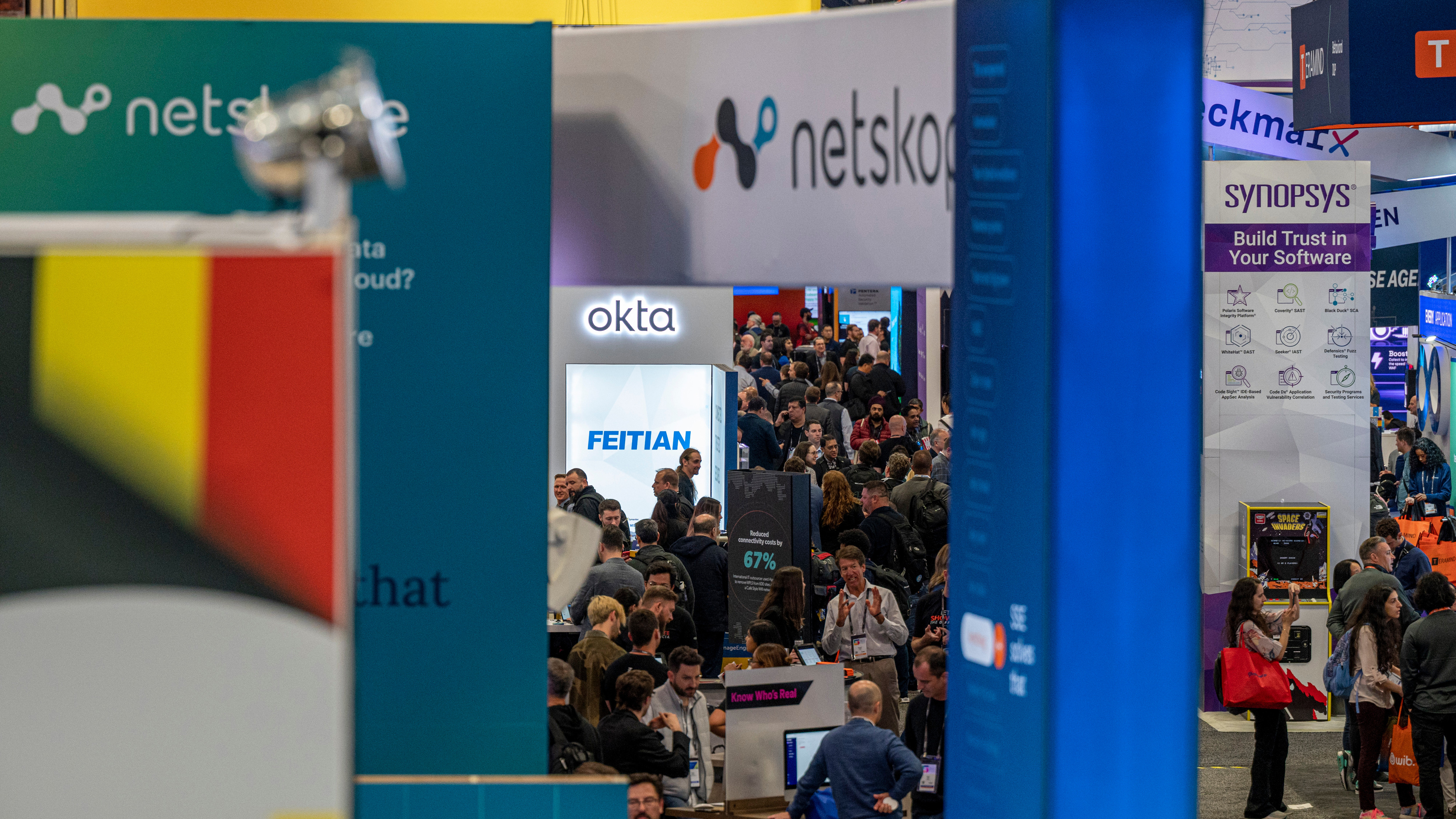Klarna has stopped hiring amid its relentless AI efficiency drive
The firm previously boasted that its in-house AI assistant does the work of hundreds of staff


Klarna has stopped hiring new staff members because of AI, claiming it’s now allowing natural employee attrition to bring the firm’s headcount down.
CEO Sebastian Siemiatkowski revealed the strategy in a recent appearance on Bloomberg Television, saying Klarna’s headcount had fallen by 22% to 3,500 in the space of a year and that around 200 staff members are using AI for their core work.
“We have a natural attrition, as every tech company. So people stay about five years - so 20% leave every year - and by not hiring, we’re simply shrinking,” Siemiatkowski said.
Siemiatkowski added that, while headcount is shrinking, Klarna is looking to shift the efficiency gain into wages for the remaining staff. This means staff will see productivity gains from AI reflected in paychecks.
“People internally at Klarna are just rallying to deploy as much efficiency AI as they can,” Siemiatkowski said.
“We’re going to give some of the improvements that the efficiency that AI provides by increasing the pace at which the salaries of our employees increases.”
A spokesperson from Klarna told ITPro that Siemiatkowski’s comments were correct and that the firm had paused hiring in several departments with the exception of engineering.
Get the ITPro daily newsletter
Sign up today and you will receive a free copy of our Future Focus 2025 report - the leading guidance on AI, cybersecurity and other IT challenges as per 700+ senior executives
“This decision is influenced by the efficiencies gained through AI, which allows us to operate with fewer resources while maintaining high service standards. AI has enabled us to streamline operations,” they added.
Klarna is bullish on AI adoption
At the beginning of this year, Siemiatkowski revealed that the firm’s internal AI assistant was doing the work of 700 employees only a month after it was initially rolled out.
Speaking at the time, he said the assistant had undertaken 2.3 million conversations, accounting for two-thirds of Klarna’s customer service chats and equivalent to the work of 700 full-time agents.
Klarna’s focus on the technology has drawn a response from Salesforce CEO Marc Benioff after the buy now, pay later firm announced it would no longer be using Salesforce and Workday amid this sharpened focus.
Having seen the news that Klarna would be pulling back, Benioff questioned how the firm would be managing its data, how it is managing compliance and governance, and what its institutional memory is.
RELATED WHITEPAPER

Others have been outspoken in the tech space regarding AI job losses, with many leading on the charge on upskilling as a potential remedy.
In April, a group of big names in the tech sector formed a consortium aimed at preventing job losses on the back of AI. Firms including Cisco and Google announced a focus on upskilling and re-skilling initiatives in jobs most likely to be affected by rising AI adoption.
A report by the Institute for Public Policy Research (IPPR) recently found that AI could affect up to 8 million jobs in the UK if urgent action is not taken to address skills gaps.

George Fitzmaurice is a former Staff Writer at ITPro and ChannelPro, with a particular interest in AI regulation, data legislation, and market development. After graduating from the University of Oxford with a degree in English Language and Literature, he undertook an internship at the New Statesman before starting at ITPro. Outside of the office, George is both an aspiring musician and an avid reader.
-
 Criminals target APIs as web attacks skyrocket globally
Criminals target APIs as web attacks skyrocket globallyNews More than a third of web attacks target APIs as AI expands attack surfaces and brings new security challenges
By Emma Woollacott
-
 What to look out for at RSAC Conference 2025
What to look out for at RSAC Conference 2025Analysis Convincing attendees that AI can revolutionize security will be the first point of order at next week’s RSA Conference – but traditional threats will be a constant undercurrent
By Rory Bathgate